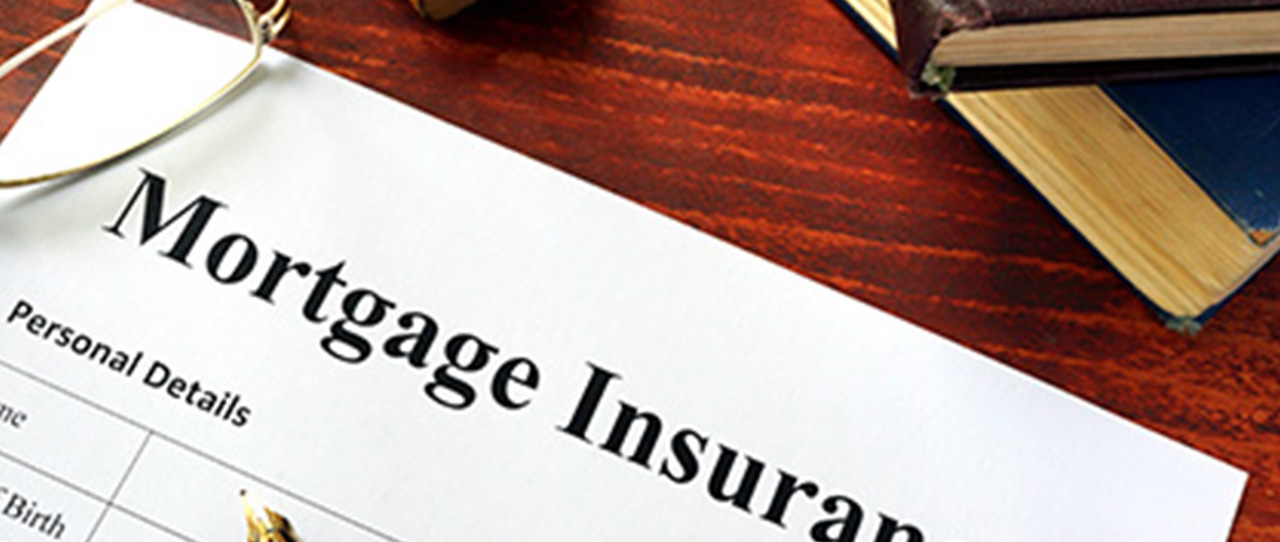

Posted: 2019-04-03 | Author: Scott Roberts
If you are looking to buy a home, there is a good chance that you will need to purchase private mortgage insurance (PMI). PMI is required by most private lenders when you are making a lower down payment for your home purchase. Many people wonder how private mortgage insurance works and why it is necessary for them to pay it.

What is Private Mortgage Insurance: PMI is insurance that the lender takes out for protection in case the borrower defaults on the loan. It is usually required for home mortgages in which the borrower puts down less than 20%. The rationale for requiring this type of insurance in a low-down-payment scenario is to avoid losing money if the lender ever has to foreclose on the home. Because of the lower down payment, the borrower has less equity in the home, which exposes the lender to greater risk in this scenario.
Private mortgage insurance is paid by the borrower (usually by wrapping the premium into the monthly mortgage payment), but it is not to be confused with homeowner’s insurance, which is also a requirement if your home purchase is financed. PMI simply insures the lender against a loan default, while homeowner’s insurance insures the homeowner against various covered hazards, such as fire and theft.
Is it a Good Idea to Have PMI, or Should I Wait to Buy Until I Have a Higher Down Payment: PMI typically adds a couple hundred dollars or so to an average home loan, and many borrowers view having to purchase this type of insurance as "throwing away money". And while it is true that PMI is an extra monthly payment that provides no direct benefit to the borrower, it is not without its good points.
For many aspiring homebuyers, coming up with a 20% down payment is not a realistic option. For example, saving up $50,000 to purchase a $250,000 home can be an uphill climb for people who have a middle-class income. However, coming up with a 3.5% down payment ($8,750 in this example) is a much more reasonable goal.
So, why not just wait until you have 20% to put down before buying a home? Some people choose to go this route, but there are some potential advantages to buying a home sooner rather than later. For one, once you buy a home, your monthly housing payment is now going to build equity (in your home) rather than throwing it away on rent. And in an environment when home prices are appreciating at a healthy rate, it makes sense to buy a home before you risk being priced out of the market by the increase in prices.
By getting into a home with a lower down payment, you are also able to benefit from the rising home values by building equity faster. While your monthly mortgage payment gradually reduces the principle of your loan, the appreciation in your home value can more quickly build equity.
Another reason to consider buying a house with a lower down payment in the current environment is interest rates. In recent years, interest rates have been at or near historic lows, and as of the first half of 2019, they have remained low despite several rate increases by the Federal Reserve. Interest rates may not always be this low, however. And if you choose to wait a couple years before buying, you may find that the cost of your loan is significantly higher than it is right now.
Can I Get Rid of Private Mortgage Insurance: The short answer is "yes". Once you have your mortgage down to 80% or less of your home’s value, you can have your PMI removed. This might take a while if you only have a 3.5% or 5% down payment, but there are ways to speed up this process. For example, you could opt for a 15-year mortgage where you are able to pay down the principle on your loan faster, or you could make bi-weekly payments on your mortgage or just pay extra principle on it when you are able. Of course, if you are able to start with a higher down payment (such as 10% or 15%), then you can accomplish this in a much shorter period of time.
It is important to note that canceling PMI is not something that is usually done automatically. Each lender has different cancellation policies, so be sure to talk with your lending specialist about what you will need to do to get your private mortgage insurance removed when the time comes.
You should also ask about ways you can avoid PMI even with a smaller down payment. For example, some lenders may offer the option of paying a higher interest rate instead of PMI. One of the advantages of doing it this way is that home mortgage interest is tax deductible, while PMI is not. In addition, you would need to look at other specific factors, such as how long you plan to stay in the home, to decide whether or not this is the right option for you.
Speak with a Local Lending Expert for More Information about PMI: Private mortgage insurance is an extra expense that no homebuyer wants. There are many different ways to deal with PMI when you are considering purchasing a home, and there is no "right" option that fits everyone. This is one of the reasons it is important to work with a local lending specialist. A local expert can provide more personalized assistance by sitting down with you and going over your specific circumstances. This allows them to develop the right solution to put you in the best possible financial situation when you buy your new home.

